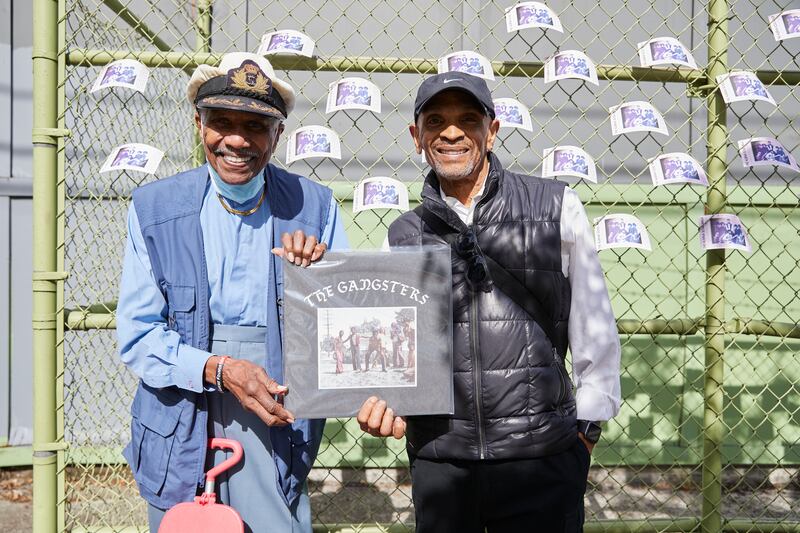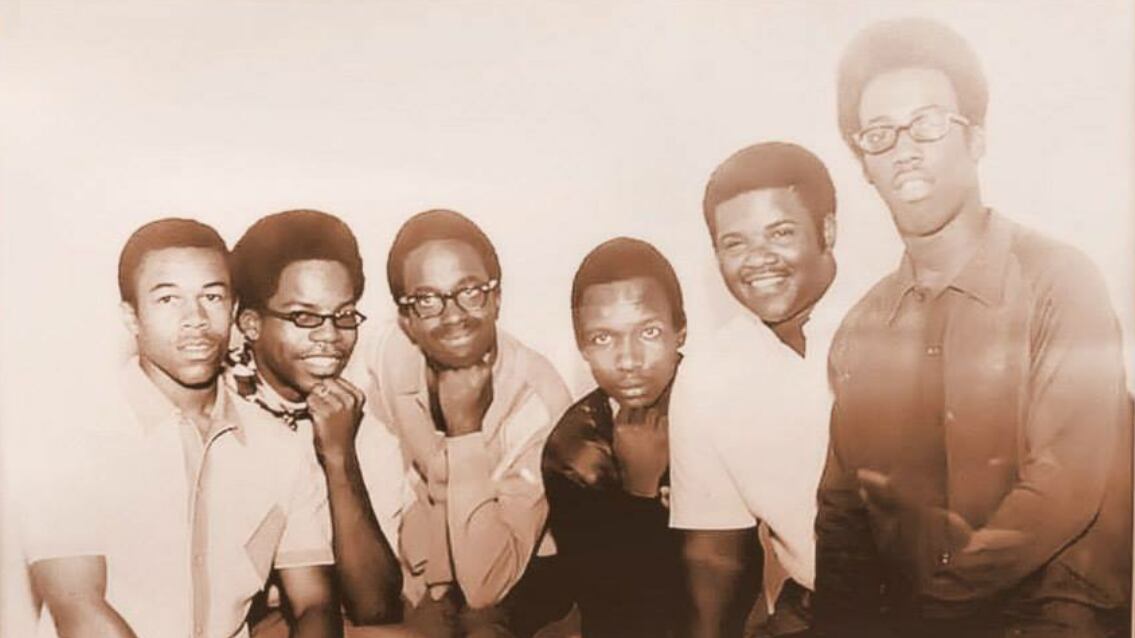Since 2015, the Albina Music Trust has served to jog Portland’s musical memory.
Led by DJ and activist Bobby Smith, the collective gathered interviews and ephemera, and released vintage recordings from once-sought-after acts like Slickaphonics and the Legendary Beyons—all to connect present listeners and future generations to the city’s past as a hotbed for jazz, R&B and funk.
But with its latest venture, the Albina Soul Walk, the trust wants to physically place its audience where the music once was.
The Albina Soul Walk is an audio tour that, using smartphone GPS, directs listeners through North Portland with stops at locations where venues like the Cotton Club and Fred’s Place once stood. Along the way, voices of artists like singer Marilyn Keller, bluesman Norman Sylvester, and jazz and funk artist Calvin Walker share anecdotes and memories about performing at these long-gone spaces.

The Soul Walk was developed by musician and documentary filmmaker Megan Hattie Stahl for a new media storytelling class she was taking as part of her MFA studies at Hunter College. Knowing she wanted to spotlight Portland’s Black music history, Stahl began talking with Smith, Walker and many artists featured in the soundwalk—to set a course through the Albina neighborhood.
“When I was talking to Calvin and Norman, I’d have to drop names like, ‘Have you heard of Upstairs Lounge? Where actually was that?’” Stahl remembers. “I started plotting points on a map based on what came up most often in conversation.”
The seven locations that the soundwalk highlights include long-gone spaces like the 7 of Diamonds, a club that catered to teens at the corner of Northeast Knott Street and North Williams Avenue, as well as the still-standing Matt Dishman Community Center, where many young bands practiced and developed their sounds in the ‘60s and ‘70s.
Every step of the journey is scored not just by narration, but by classic recordings of the Portland artists who tread the boards at these venues, including “live music that we had archived that was recorded at these locations,” Smith says.
The most powerful statement made by the Albina Soul Walk has to be how decades of redlining, rezoning and gentrification stifled the community’s music scene—and forced many Black residents out of their neighborhood.
The Cotton Club (“ground zero for all things soul in North Portland,” according to Smith) is now a used car dealership. The Upstairs Lounge, a regular tour stop for jazz acts like organist Jimmy Smith and singer Betty Wright, is currently the home of an evangelical church.
During the last stretch of the walk along North Tillamook Avenue, the audio walk’s narrators can barely hide their disappointment and anger at the “depletion of the Black middle class,” as one speaker puts it, and how often they feel like a stranger in their own hometown.
“Through conversations with Calvin,” Stahl says, “he kept reminding me, ‘Yes, we had fun at these clubs. Yes, it was a thriving musical community. But we need to ask why it’s not here anymore. And you need to make sure that this isn’t just a feel-good happy vibes kind of thing.’”
LISTEN: The Albina Soul Walk

